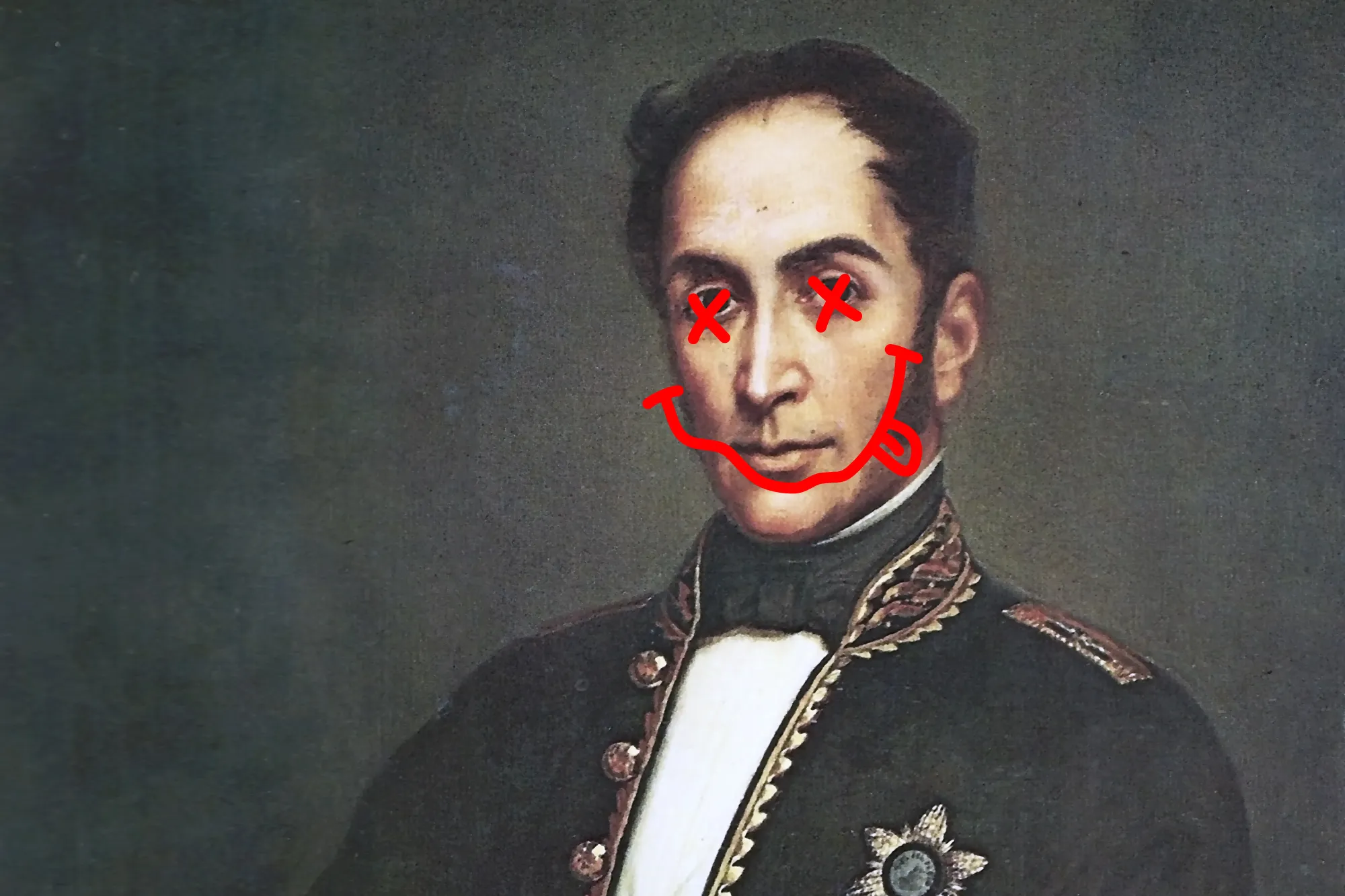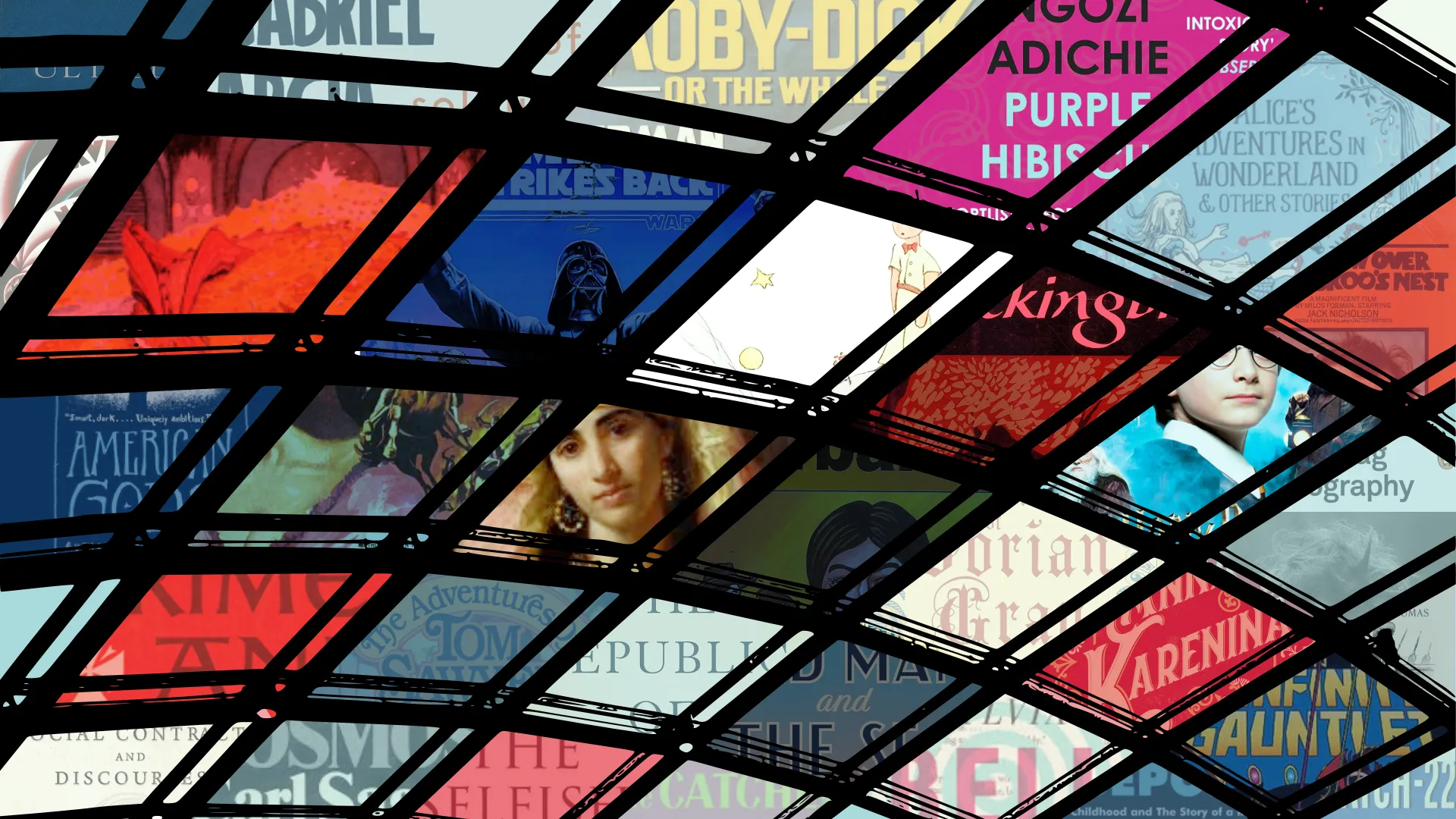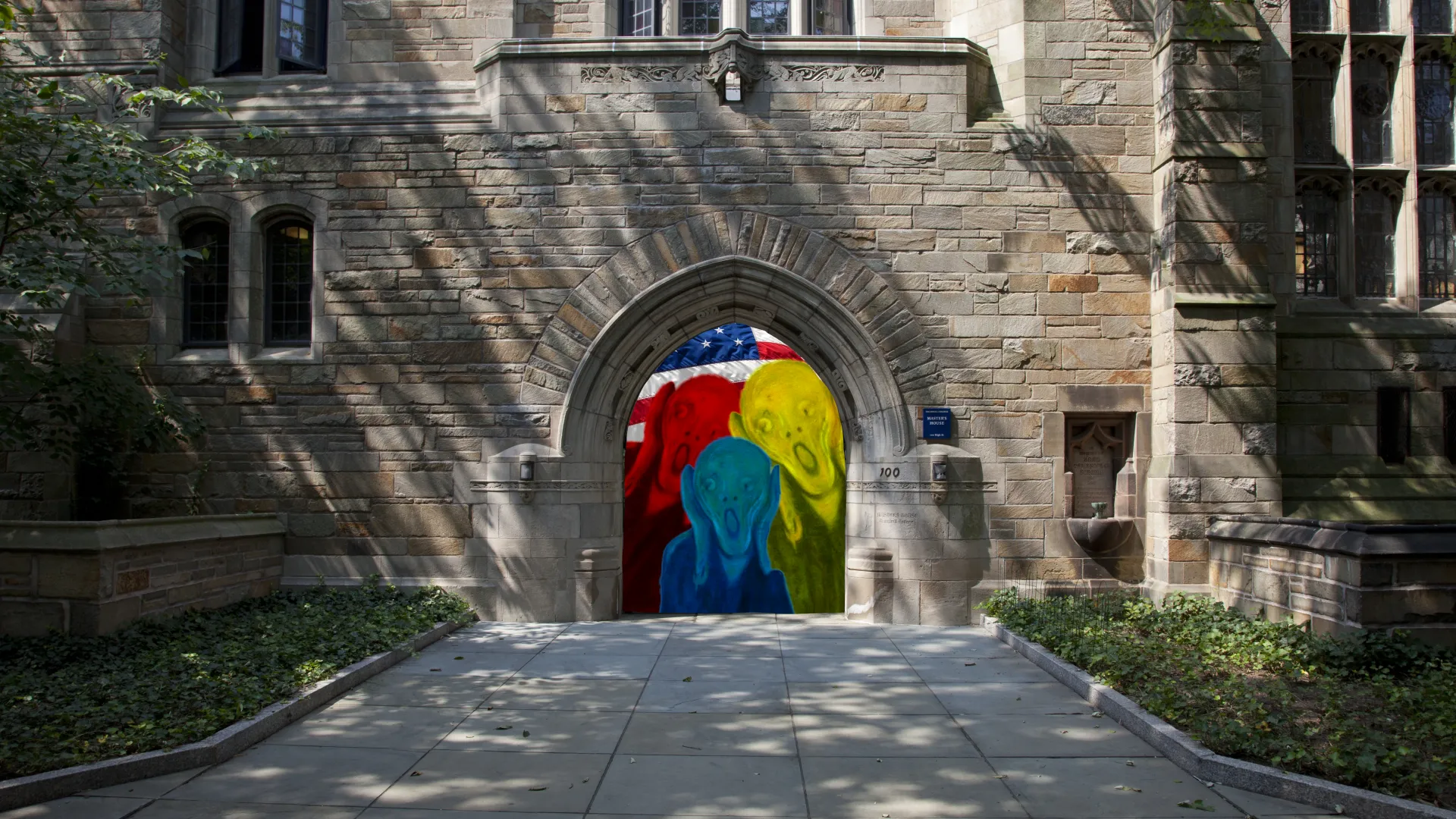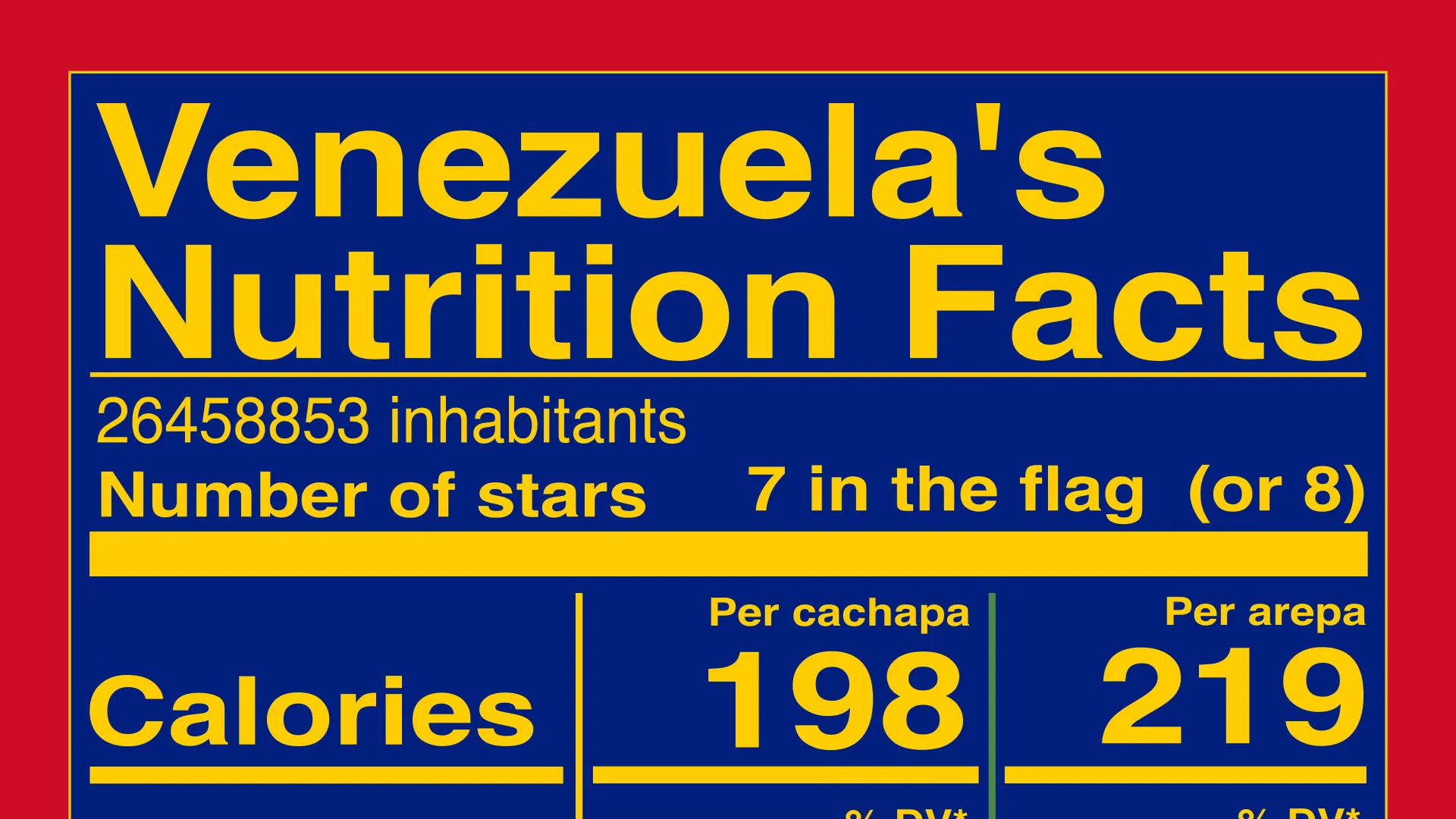 |
| Ilustración hecha por mi con imágenes propias, tomadas de Wikimedia Commons y de macedoniadelnorte.com. |
Este artículo fue publicado originalmente en Global Voices en Español.
Una de las experiencias más extrañas que he vivido es sufrir del trastorno afectivo estacional (TAE), la famosa seasonal depression, habiendo crecido al norte del sur en la Venezuela donde el frío extremo es de 15 grados Celsius. Si de pequeño jamás imaginaría que el día podría acabar a las 4:27 p.m., mucho menos podría creer que dicha reducción de horas de sol haría que todo se vea tan gris. Literal y figurativamente, el paisaje post-yugoslavo de Mostar, en Bosnia y Herzegovina, pasa de un pintoresco color crema al más distópico gris en unas semanas.
Es 15 de septiembre y estás nadando entre agua y felicidad en un río con tus amigos. Pestañeas y estás refunfuñando bajo tres abrigos el 15 de octubre. La facilidad con la que el clima es capaz de cambiar vidas nunca deja de sorprenderme, pero tampoco de agradarme: después de todo — y a pesar del cambio climático — las certezas siempre se aprecian. Y es que, creciendo en Venezuela, jamás sufrí de TAE pero tampoco tuve ninguna certeza.
En Venezuela, un día estaba abriendo regalos de Navidad — a la medianoche, como debe ser — rodeado de los 25 familiares que asistían a nuestra cena familiar y, al siguiente, estaba intentando no llorar mientras llamaba a mi tía justo antes que ella entrase al chequeo del Aeropuerto Internacional de Maiquetía sabiendo que, probablemente, no la volvería a ver en muchos años. Sin importar cuánta incertidumbre me rodeaba mientras crecía, jamás me acostumbré.
Vivir sin saber qué va a pasar mañana es, hasta cierto punto, realizable. Vivir viendo cómo el mañana es cada vez peor no lo es. Sin importar cuán normal es ver la mesa de la cena navideña reducirse cada vez más ni cuántos amigos despedí, no creo que exista una forma de acostumbrarse al dolor que da ser venezolano. Cuando me mudé a Bosnia y Herzegovina, en 2023, pensé que las heridas empezarían a cicatrizar.
Y qué error.
Bosnia es un país destruido. Desde las ventanas de mi colegio, el Colegio del Mundo Unido en Mostar, puedo ver la redoma central de la ciudad y contar al menos mil orificios de bala en las paredes. La ciudad sigue dividida de facto entre católicos y musulmanes, es prácticamente imposible preguntar sobre política local siendo un estudiante internacional y, cuando hay un partido de fútbol, los conflictos étnicos explotan transfigurados en enfrentamientos violentos que provocan el colapso absoluto de la ciudad.
Obviamente, es imposible olvidar tu propio país destruido cuando estás en otro. Cambia católicos y musulmanes por chavistas y opositores para entender cómo funciona Los Teques, mi ciudad. Cuenta los orificios de bala en el centro de Mostar, multiplícalo por dos y tendrás una idea de la cantidad de bombas lacrimógenas que han entrado en el patio del edificio donde viví casi toda mi vida. No importa cuánto tiempo pase ni cuántas veces lo niegue, Venezuela no sale de mi.
El 10 de enero, el día que la Constitución de Venezuela fija como la investidura oficial de los nuevos presidentes, fue la mayor prueba de eso. Sí, estoy sufriendo de TAE, pero la noche que pasé sin dormir no fue exactamente por el viento que sonaba en mi ventana. Intentar explicar qué ocurrió el 10 de enero en Venezuela es tan simple que cuesta explicar el insomnio de treinta millones de almas alrededor del mundo: en términos literales, el 10 de enero fue un día más. En realidad, fue el día en que perdimos la ilusión. Otra vez.
Ese día, se supone que Edmundo González, el legítimo ganador de las elecciones del pasado 28 de julio, se iba a juramentar como presidente de Venezuela. Por mil razones, no pasó — y la voluntad de más de siete millones de nosotros quedó en nada. Pero, aun así, pasé toda la noche sin dormir.
Refrescando X (anteriormente Twitter), Telegram y WhatsApp, hablando con mis familiares y debatiendo con mis amigos, mi venezolanidad me impide dejar a un lado la incertidumbre y, con ella, la esperanza. Sí, lo admito: pasé todo el día esperando que algo pasase y la niebla que se cierne sobre mi país desde hace 25 años desapareciera súbitamente. Aun cuando no sea la primera vez que entramos en un período donde tendría sentido que seamos libres ni mucho menos la primera vez que tenemos a un presidente legítimo incapaz de acceder a su cargo, yo tenía esperanza.
Es una cuestión, casi, de temporada. Cada cierto tiempo, la plaga de la esperanza siempre termina contagiándose. No importa cuántas veces me haya querido rendir, haya desinstalado todo medio de comunicación e intentado olvidar que me importa mi país, al final siempre termino ansioso. Desde ver aviones en FlightRadar24 especulando qué cargará cada uno de los jets privados que sobrevolaron Caracas ese día hasta organizar eventos divulgativos en donde sea que esté, no puedo evitar dejarme llevar por la ansiedad de soñar con una Venezuela libre.
Se siente casi tan inevitable como el TAE: así como Mostar me deprime por temporadas y no puedo hacer nada contra ello, Venezuela me esperanza — y defrauda — con cada acontecimiento político que parece arrojar algo de luz al final del túnel. No lo puedo evitar: es una cuestión estacional.
Y, sin embargo, cada estación se siente diferente. Cada vez que siento esperanza por una Venezuela mejor, se siente más absurda pero más necesaria. Con cada pequeño evento que parece romper las cadenas que han acorralado a mi país desde antes que naciese, no puedo evitar sino sentir un impulso de entregarme ciegamente a las rutas de la ilusión.
A diferencia del invierno, la temporada de esperanza no siempre es igual. El invierno es siempre frío: la esperanza nunca viene dos veces de la misma forma. A veces viene en forma de actas y a veces en tuits crípticos presagiando alguna solución que caería del cielo, pero siempre viene.
Mientras no pueda hacer nada contra ella, sigo la corriente. Sin importar cuántas veces me defraude, no lo puedo evitar: imaginar que mi país llegará a un desenlace es una oferta demasiado tentadora para alguna vez rechazarla. Y, mientras no la pueda rechazar, me preparo para el momento en que pueda hacer algo.
Así como en Mostar compro vitaminas y preparo abrigos para cuando el invierno llegue, no puedo evitar sino hacer lo que pueda para recibir el día en que nuestras esperanzas se hagan realidad. No puedo hacer mucho para que lleguemos a ese punto, pero hago lo que puedo para estar listo cuando las esperanzas sean ciertas.
Lo hago porque creo que, así como el invierno pasa, algún día llegará nuestra estación.





